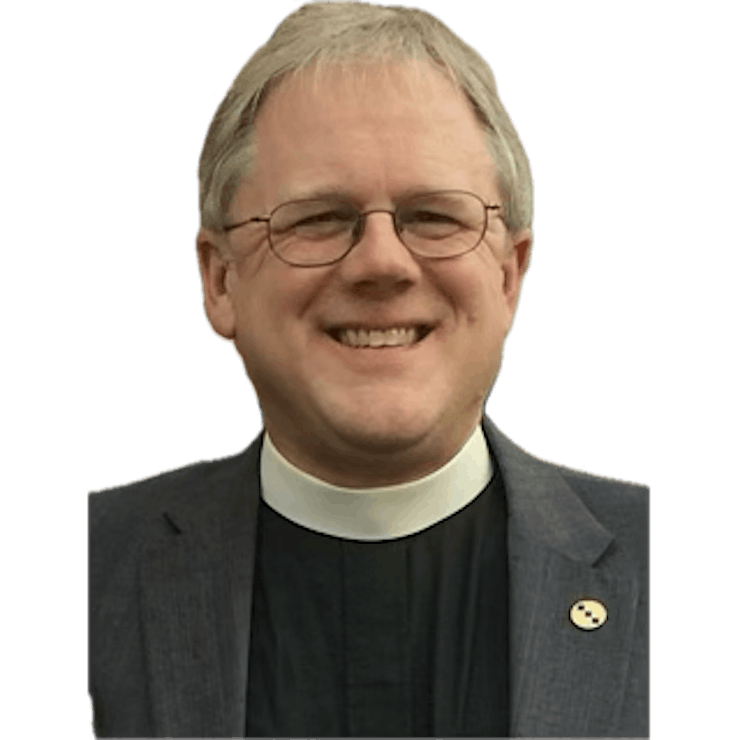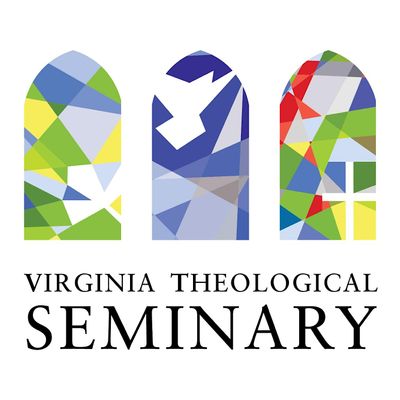
About this Event
Thursdays, March 13 - April 3, 2025
3:00 - 4:30 p.m. ET
This program takes place online via Zoom meeting.
Registrants can receive access to the recordings afterward if live sessions are missed.
ABOUT THE PROGRAM
In this 4-session, you’ll learn what it means to manage in a Not-For-Profit (NFP) organization. Whether you’re wondering about making a career change to do such meaningful work, how it differs from church management and leadership, or wanting to be a better church manager (e.g., parish administrator or clergy leader) or lay leader (e.g., senior warden), this training is a great opportunity to enhance your skills. You’ll get an inside look at how “the sausage is made,” both in terms of structure and detail, as well as an opportunity for discerning your call for Not-for-Profit management. It is inspiring work, but NFP management isn’t for the faint of heart!
COURSE OUTLINE:
- Session I: What are our Professional and Community Contexts, and the Contexts of our Program Participants? We’ll share why we’re here, and why we’re interested in NFP/church management, and what YOU want to cover in this course, time-permitting! We’ll share our individual contexts as leaders, the NFPs we have experienced and know, and the community “participants” (clients) served and the populations represented. Finally, we’ll look at what a faith-based NFP looks like and what the differences are from a “secular” NFP and, culturally speaking, how a faith-based NFP differs from a church.
- Session II: Presenting TWO NFP Models: What does NFP Management look like in terms of structure, staffing, geography, and the role of volunteers? We’ll discuss what church management look like, what the differences are with NFP’s, both faith-based and secular. We’ll discuss various NFP types, missions, staffing, and staffing configurations. We’ll also examine the challenges of hiring in NFPs particularly the challenge of matching position descriptions with skill sets, defining what you need, but looking for what you want.
- Session III: Management Roles and Responsibilities in an NFP. We’ll look at how roles and responsibilities differ in the two models, in this case a faith-based model and a secular model. We’ll also talk about the oversight bodies and how they function or are supposed to function – not just the Board, but the Management Team, Committee Chairs and, in one model, a Partner Council – and how that is integrated structurally with a Board. Finally, we’ll discuss the budget process, including what a budget really is, and how it’s understood by different management players in an NFP, e.g., Finance v. Development.
- Session IV: Organizational Oversight & Strategic Visioning/Planning in an NFP. We’ll draw distinctions between the visioning, the planning, and the implementation of the Plan. We’ll also go into some detail discussing process, players, roles, and the nature of the Plan’s content, e.g., how detailed or general should it be? We’ll even discuss the debate about whether making a Strategic Plan even makes sense! This is the debate about annual strategic goals vs. a longer plan, which came back to life in the Pandemic. Finally, we’ll try to wrap it up, discussing the view from the top (e.g. CEO and COO).
WHO SHOULD ATTEND
- Clergy and Lay Leaders seeking to enhance their understanding of nonprofit and church management and refine their leadership and organizational skills.
- Faith-Based Nonprofit Professionals navigating the complexities of mission-driven work.
- Individuals Considering a Career Change into nonprofit management or exploring a vocational calling.
- Anyone Interested in Strategic Leadership within the context of nonprofits and faith communities.
This event is brought to you by the department of Lifelong Learning at Virginia Theological Seminary.
Contact us ([email protected]) if the cost to participate is a barrier for you.
Questions? Email [email protected].
Learn on Your Own Time:
Stay in touch: .

The Rev. David B. Wolf was a practicing lawyer and immigration policy advisor serving for 5 years in the U.S. Department of Justice. He graduated VTS in 1996, with a M.Div. degree and honors in Christian Ethics, and was ordained priest in 1997. His broad vision for ministry is one that includes both parish and community-based work such as non-profit management, community organizing, and multicultural training.
Following seminary, David served as a Priest Associate at St. Alban’s Parish, DC specifically tasked with shepherding urban ministry initiatives. He did this for 5 years, including cultivation of an interracial parish partnership with St. Phillip’s, Anacostia. David’s work at St. Alban’s also included serving as one of two Episcopal clergy founders of the Washington Interfaith Network (WIN) now the predominant community organizer in the DC area. . .
Leaving Washington in 2001, David served for 11 years as Rector, St. Paul’s Episcopal Church and CEO, St. Paul’s Community Development Corporation (CDC), in Paterson, NJ, a multicultural, bilingual parish community in one of the poorest small cities in America. This experience led David deeper into work with multicultural ministry development, drawing on the work of the Rev. Eric Law and additional training opportunities through Trinity Grants (Wall Street, NYC) who supported this innovative ministry model with a three-year seed grant.
Leaving St. Paul’s, Paterson with his family to return to the Washington area in 2012, David served for 12 years as Executive Director of Samaritan Ministry of Greater Washington (SMGW), stepping down in July 2024 to potentially return to parish ministry and teaching in the seminary context. At SMGW David facilitated an extensive visioning and planning process that produced a sweeping 2016 strategic plan that outlined development and expansion of Samaritan’s Next Step Program to new locations throughout Greater Washington. The Plan integrated two new components into Next Step through a merger with STRIVE DC (2016) that brought career readiness training & placement, and Southeast Ministry (2022). which brought Adult Basic Education for literacy limited adults into Next Step. The STRIVE merger integrated Samaritan STRIVE National network as the Washington area affiliate authorized to use the STRIVE workforce development model for job readiness. At the same time, SMGW’s own faith-based partnership with churches and church schools grew to over 60.
In addition to his Seminary training, David holds a J.D from The George Washington University Law Center, and a B.A. in Philosophy from Bates College. David lives with his wife Martha and two adopted sons, Jason (20) and George (15) in Silver Spring, MD.
Event Venue
Online
USD 53.64 to USD 79.57











